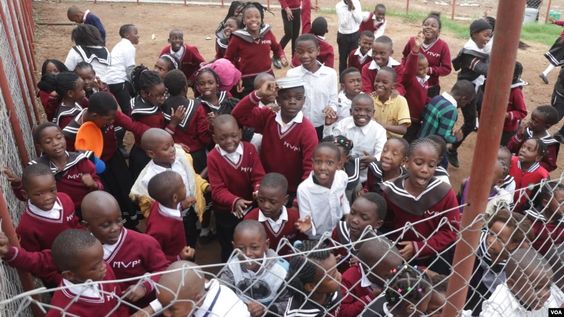Africa
Malawi resumes classes in spite of an increase in cholera cases

Schools in Malawi’s two largest cities, Lilongwe and Blantyre, reopened on Tuesday after being closed for two weeks because of a cholera outbreak. The children were happy to be back in school.
Over 100 of the over 800 fatalities from the bacterial infection were youngsters, and it has afflicted over 25,000 people.
The Malawian government announced measures to stop the spread of cholera in schools, but it also issued a warning that if necessary, it will shut down the schools once more.
The shutdown ended many students’ hopes of passing the exams, especially those who were getting ready to take national exams this year.
Teenager Ronnie Lutepo, a student at Blantyre’s Michiru View Secondary School, stated that going back to school was the best thing he could wish for.
Yes, his mother encouraged him to study when he was at home, but the fact that he was taking an exam at the time had a negative impact on him. We are all expected to be present and prepared for the tests because failing to do so will prevent us from receiving good grades.
The reopening follows the government’s announcement that preventative measures had been implemented to stop the spread of cholera, which is primarily carried through contaminated water.
These include repairing damaged water taps and boreholes in the schools and prohibiting the sale of cooked food near school grounds.
The cholera outbreak in Malawi is at its deadliest level in ten years. According to official figures, there have been 25,458 documented instances since the outbreak began in March last year, with 550 cases being reported on Monday alone.
As of Tuesday, the illness had caused more than 800 deaths and about 1,000 hospitalisations.
The deputy head teacher of Michiru View secondary school, Justin Rice Phiri, told VOA that the institution had taken precautions to shield children from the illness.
He added that, in addition to receiving protective clothing such as gloves and work suits, “our support workers, including cleaners and cooks, have been instructed on how to effectively prevent cholera.”
The United Nations agency for children, UNICEF, began distributing anti-cholera supplies in schools in the most afflicted districts on Tuesday.
But government officials have issued a warning that if the disease spreads to too many pupils, they would have to close the schools once again.
